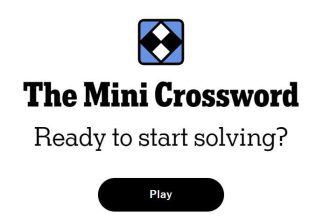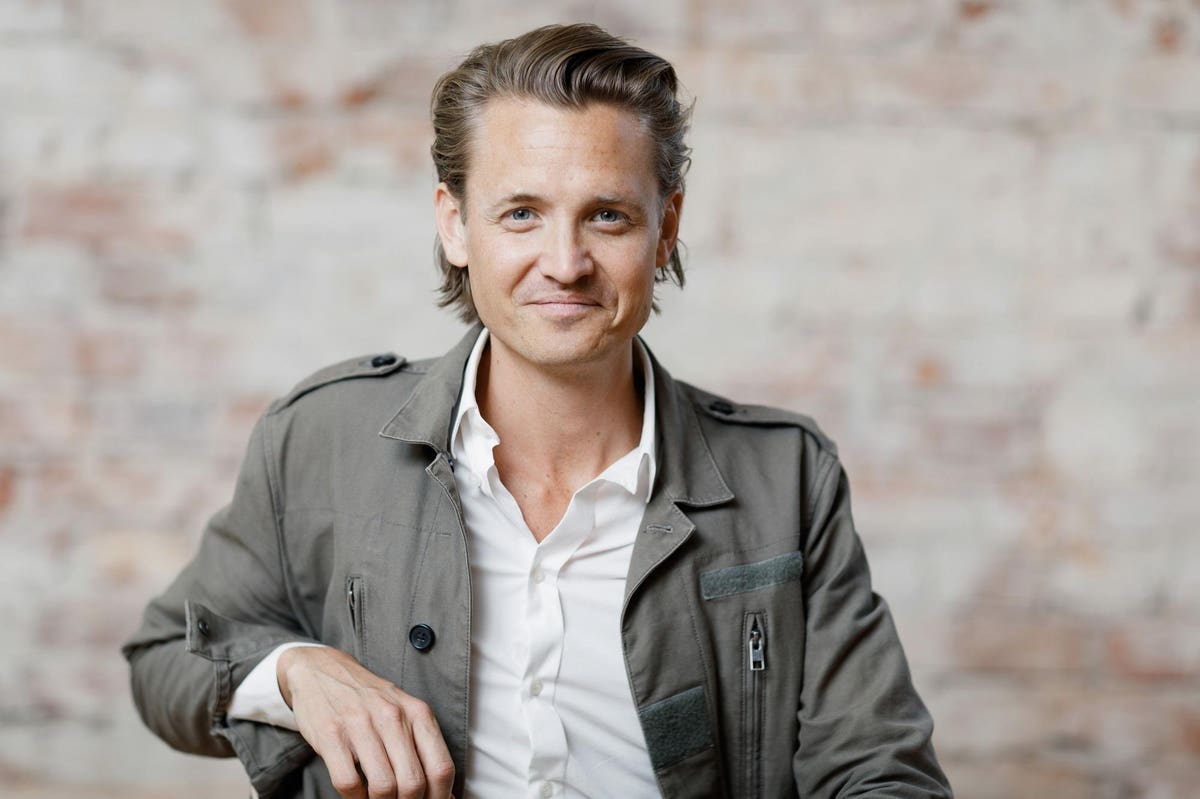If you’ve purchased goods online in Europe or the U.S. you’ve probably come across Klarna. Founded in Sweden back in 2005, the company enables shoppers to split their payments across three installments. In 2020, the company became Europe’s most valuable fintech unicorn. It hasn’t all been plain sailing since then – Klarna’s valuation dipped sharply in 2022 – but today it has partnerships with around 250,000 retailers and employs more than 5,000 people. As such, it remains a poster child for European fintech. A model for aspirant entrepreneurs to follow, you could argue.
But Klarna co-founder Niklas Adalberth has come around to the view that a new kind of role model is required. As the problems facing the planet mount, he believes there is a real need to celebrate the work of impact entrepreneurs.
“The business world desperately needs better role models. I want to see a world where the next generation of founders are inspired by entrepreneurs who are positively impacting the world and not just focused on growth and profitability,” he said recently.
Impact Role Models
Those comments marked the publication of the 2023 Impact/100, a list of early stage companies have the potential not only to address social and environmental challenges but also successfully scale their operations.
The list has been compiled by Norrsken Foundation, an organisation established by Adalberth in 2026 to celebrate and promote the work of impact companies. When I spoke to him earlier this month about the launch of the 2023 Impact/100 list , I was keen to find out more about the foundation’s work.
So why does Adalberth think there a need for new role models?
As it turns out, the rapid growth of Klarna – and indeed other European technology companies – prompted Adalberth to rethink the role of entrepreneuts, particularly in terms of the example they set for others. With the world facing huge and escalating problems – particularly around climate and environment – he began to weigh the positives and negatives of business models that were ultimately designed to feed growth and productivity. “I realized we were hitting planetary boundaries,” he says.
Hence the need for a different kind of thinking. The Norrsken Foundation was created to nurture impact companies with the potential to scale. Businesses that could perhaps become “impact unicorns” benefitting upwards of one billion people.
More To Be Done
And as he recalls, back in 2016, the “impact” concept was in its infancy – at least from the perspective of investors.
“When we started, no one believed you could combine impact with profit,” he says. That has of course changed and as Adalberth acknowledges, investors are showing much more interest in the impact space. “Impact has now emerged as one of the most valuable asset classes,” he adds.
But there is more to be done. According to a report published by the European Investing for Impact Network and the Global Steering Group for Impact Investment, a considerable amount of capital is flowing towards innovative companies seeking to solve social and environmental problems. But here’s the thing. The sums on offer represent a very small fraction of overall activity. On the plus side, €80 billion was invested in 2022. However, the report says that figure represented just 0.5% of the mainstream investment market.
And as Adalberth points out, the acceptance of “impact” as a viable asset class is not – in geographical terms – universal. “A lot of places are still like Sweden in 2016,” he says. “A lot of investors don’t think they can combine profit with impact.”
Hence the need for role models and – by extension – the Norrsken Foundation’s 2023 Impact 100 list. As Adalberth explains, the aim of the list is to highlight examples of what founders and investors could and should be aspiring to.
Uncompromising
So – in this context at least – what makes a role model? What kind of companies are included in the top 1o0? “Companies must be uncompromising on impact,” says Adalberth. “It can’t be something that can be turned off .”
In addition, Norrsken – and the global partners who compiled the list – are looking for businesses with workable and scalable business models. “If you have a proper business model, you can scale much more quickly,” says Adalberth.
In business terms, inclusion is dependent on the startup getting to the point of having a minimum viable product (MVP). Impact itself is defined in terms of addressing at least one of the UN’s Sustainable Development Goals.
Although Norrsken is based in Sweden, partnerships have been important in identifying impact startups from around the world. “The challenges,” says Adalberth are not of a local nature.
A list in itself will not change the world, but it can perhaps draw attention to a sector that would undoubtedly benefit from additional finance. Equally, while the majority entrepreneurs will doubtless continue to chase growth and profitability – and the most successful will become role models in their own right – there is a growing space for those who combine pragmatic idealism with the kind of businesses acumen that can deliver scalable solutions.
Norrsken will be hosting Impact Week in Stockholm in September.
Read the full article here





